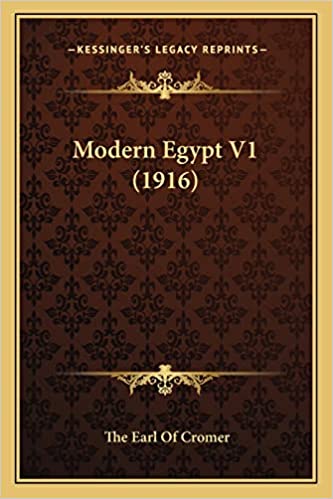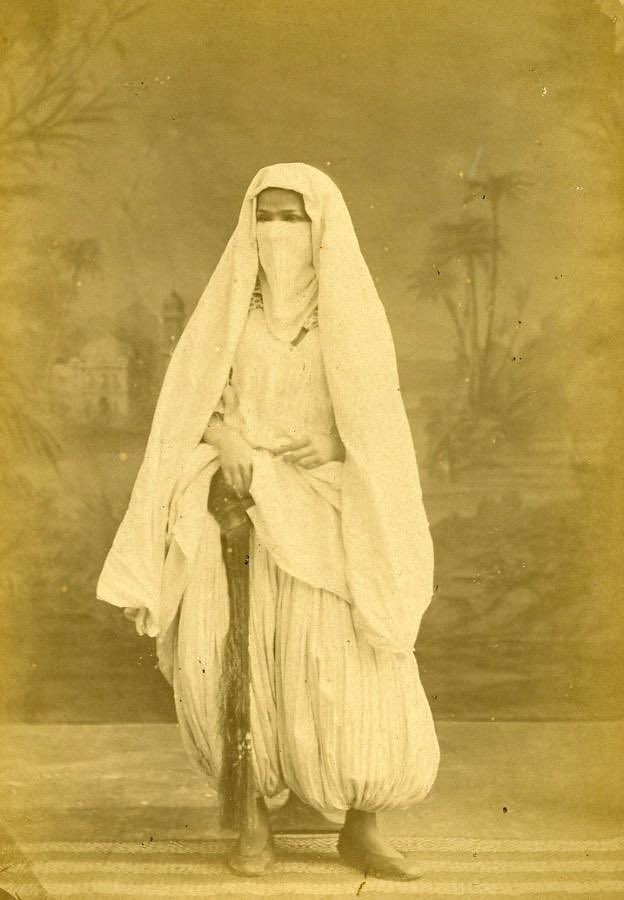Wael Hallaq on the exemplary fairness of Muslim courts historically:
"Social equity, which was a major concern of the Muslim court, was defined in moral terms, and it demanded that the morality of the weak..(1/5)
(Book: An introduction to Islamic law)

"Social equity, which was a major concern of the Muslim court, was defined in moral terms, and it demanded that the morality of the weak..(1/5)
(Book: An introduction to Islamic law)


..and underprivileged be accorded no less attention than that attributed to the rich and mighty." (2/5) 

Hallaq mentions how such an approach ensured the limiting of #injustice as much as possible, giving immense support to the weak and underprivileged peoples: (3/5) 

An example to note is the open access given to women and their almost unchecked #freedom to do so, specially notable considering the liberal discourse around #Muslim #women today: (5/5) 

• • •
Missing some Tweet in this thread? You can try to
force a refresh

 Read on Twitter
Read on Twitter
















